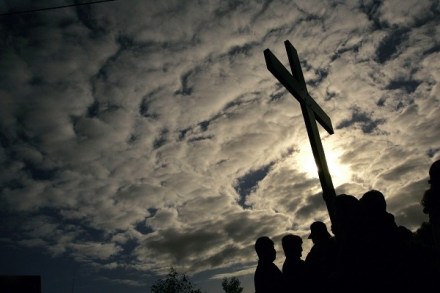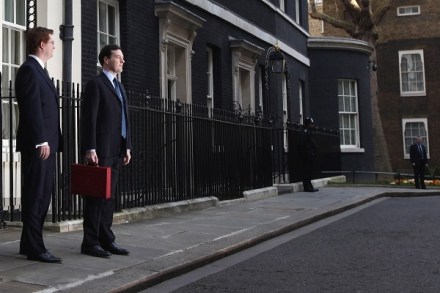Check my privilege? I have, thanks. You’re still wrong
This week, I bring you a dispatch from the frontline of pseudo-intellectual, metropolitan navel-gazing. This is, after all, what you pay me for. So right now the big thing for people who consider themselves warriors against nasty isms and phobias (of the sexism and homophobia varieties, not the Blairism and arachnophobia varieties) is to undermine each other constantly via accusations of intrinsic privilege. ‘I am a feminist!’ declares somebody, via a book or blog or Tumblr or tweet. ‘Aha!’ retort others, ever vigilant for this sort of thing. ‘But have you canvassed the views of Somalian refugees who are weekending female impersonators in Anglesea?’ ‘Um, no?’ replies our proto-feminist. ‘Check











